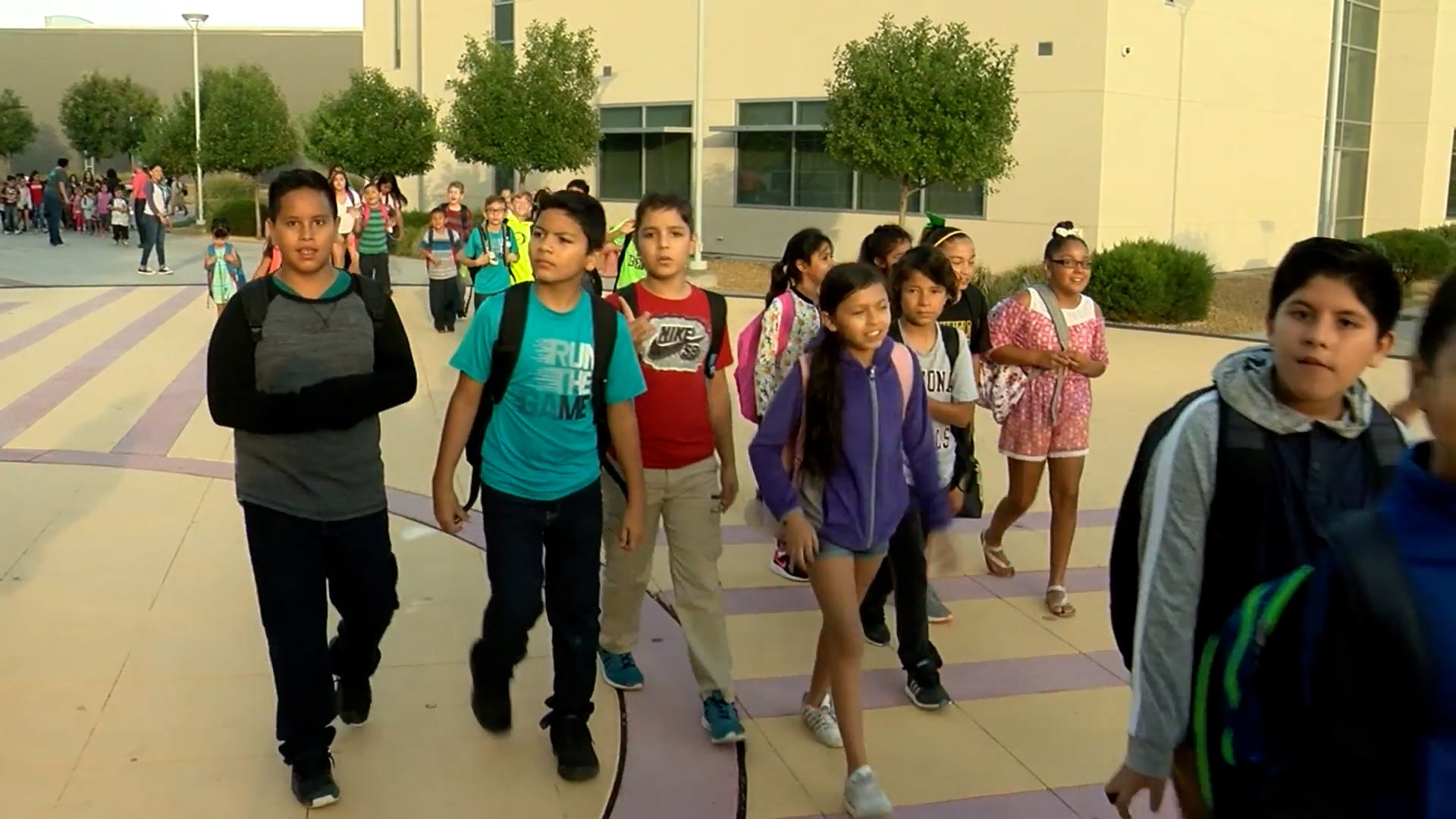Recognizing Signs of Stress in Children During Stress Awareness Month


April Marks National Stress Awareness Month: Experts Advise on Managing Stress Among Children
As April unfolds, marking National Stress Awareness Month, mental health professionals are urging parents to recognize and address the signs of stress in children, a demographic often overlooked in discussions of stress management. The omission of children’s mental health issues can have profound consequences, leading to long-term emotional and psychological challenges.
Lupita Peña, a counselor at Emergence Health Network, emphasizes that the manifestations of stress in children can be subtle yet alarming. Symptoms such as headaches, stomachaches, and behavioral changes, including clinginess, isolation, lack of focus, and increased misbehavior in school settings, are often indicative of underlying stress. Peña cautions that overlooking these signs may pave the way for more severe mental health conditions, such as anxiety, depression, or even post-traumatic stress disorder (PTSD).
“We often hastily label behaviors as mere mischief,” Peña explained. “However, many children lack the communication skills to articulate feelings of anxiety or stress. They may struggle to express themselves adequately, especially when overwhelmed.” This situation highlights the pressing need for parents and educators to foster open communication and understanding, so that children can learn to express their emotional states effectively.
An additional pressure contributing to stress among children arises from academic expectations. The relentless pursuit of high performance on standardized tests instills a sense of anxiety that can be detrimental to young learners. According to Peña, this external pressure often transforms into unhealthy levels of stress, hindering a child’s natural development and enjoyment of learning.
To combat stress, Peña offers practical coping strategies for both parents and children. Engaging in social interactions is crucial, as is participation in hobbies or sports that can provide an outlet for stress relief. “It’s essential to find a healthy balance,” Peña stresses. She suggests activities such as spending quality time with family, taking breaks from screens, and prioritizing offline interactions, which can significantly aid in mitigating stress levels.
Furthermore, Peña encourages parents to guide their children in focusing on what lies within their control, particularly when stress feels overwhelming. By fostering a supportive environment where children can discuss their feelings, parents can play an integral role in managing and alleviating their kids’ stress.
In summary, National Stress Awareness Month serves as an important reminder for caregivers to actively engage with children about their emotional well-being. Addressing the signs of stress early on not only promotes healthier childhood experiences but also lays the groundwork for more resilient adults. Parents are urged to remain vigilant, supportive, and open, creating a foundation for a balanced and fulfilling life for their children.






